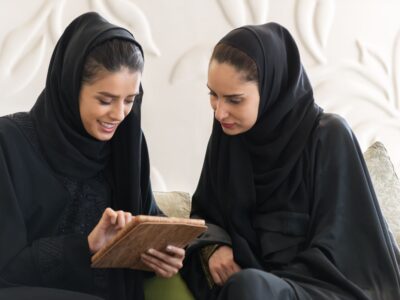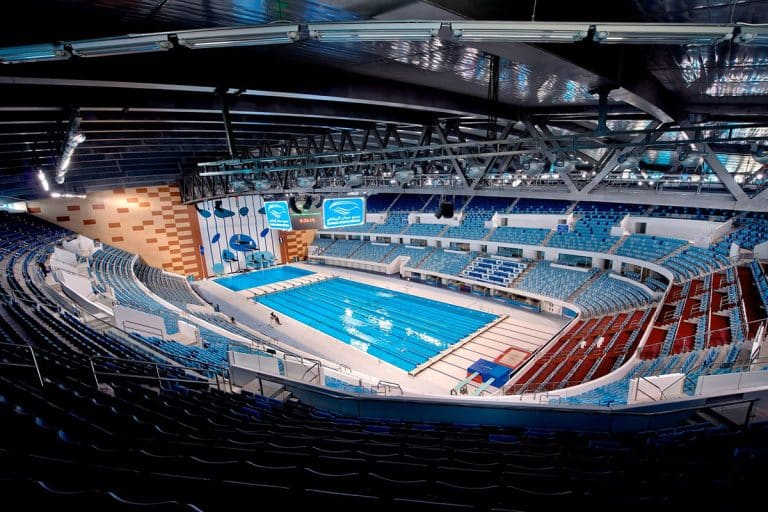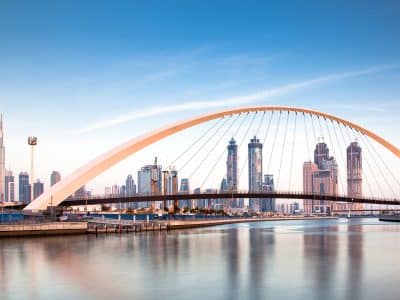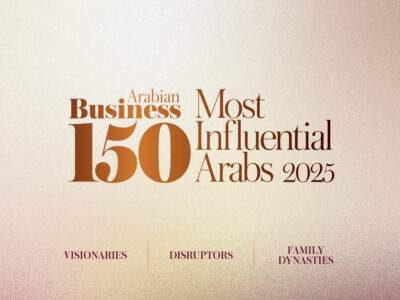As the global energy landscape shifts towards sustainability, Gulf countries, traditionally reliant on oil revenues, are exploring alternative economic models to secure their futures. One of the most dynamic and promising strategies involves significant investments in sports.
This article explores how Gulf nations are using sports investments to diversify their economies away from oil dependence, increasing soft power, focusing on long-term economic sustainability and providing tangible examples and financial figures to illustrate this transformation.
Economic diversification through sports
Investment in infrastructure
Gulf countries are channelling billions of dollars into developing world-class sports infrastructure. Qatar invested over $200 billion in preparation for the 2022 FIFA World Cup, building new stadiums, improving transportation networks, and creating fan zones. This investment has generated significant economic benefits, including job creation and increased tourism, contributing $17 billion to the economy.
Similarly, Saudi Arabia is developing its sports infrastructure through its Vision 2030 initiative. The country is investing $64 billion in sports and entertainment projects over the next decade. This includes constructing new sports facilities, such as the King Abdullah Sports City, a $500 million complex that hosts various sports events and attracts international competitions.
Hosting international events and building global brands
Hosting major international sports events is a key strategy for Gulf countries to attract global attention and investment. The region now hosts four Formula 1 races (Bahrain, Qatar, Saudi Arabia, and the UAE), making up one-sixth of the total calendar, including the first and last races of the season. These events not only boost tourism but also position the region as a central hub in the global sports arena.
Additionally, the UAE’s investment in football is significant. The UAE owns the City Football Group, which owns 13 football clubs worldwide, including Manchester City, which has won the Premier League six times in the last eight years and the Champions League. This investment has transformed the global football landscape and boosted the UAE’s global sports presence.
The impact of LIV Golf, backed by Saudi Arabia, has revolutionised the business behind the sport. The merger with PGA has created a new dynamic in professional golf, attracting top talent and increasing global viewership.
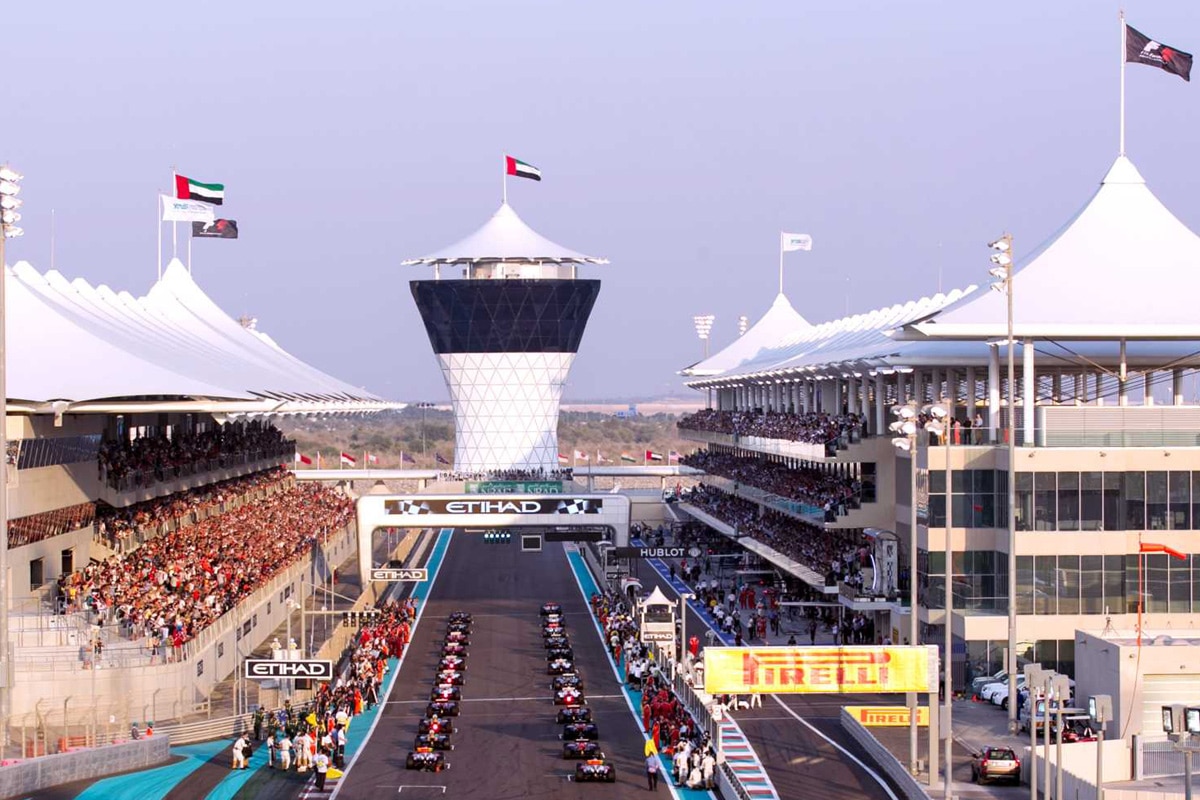
Development of local talent
Investing in grassroots sports programmes and academies is another way Gulf countries are fostering local talent and creating new economic opportunities. For example, Qatar’s Aspire Academy, established in 2004 with an investment of $1 billion, focuses on developing young athletes across various sports. The academy has produced world-class athletes, such as Mutaz Barshim, an Olympic gold medalist in high jump.
Saudi Arabia is also investing in youth sports development. The country launched the Mahd Sports Academy in 2020, aiming to train over 1 million young athletes by 2030. This initiative not only enhances the country’s sports talent pool but also promotes healthy lifestyles and social cohesion.
Sports tourism
Sports tourism is becoming a significant revenue stream for Gulf countries. The development of sports facilities and the hosting of international events attract sports enthusiasts from around the globe. Dubai, for example, has positioned itself as a leading sports tourism destination, hosting events like the Dubai Tennis Championships and the Dubai Marathon. The Dubai Sports Council estimates that sports tourism contributes around $500 million annually to the emirate’s economy.
Additionally, the UAE’s investment in golf tourism has paid off. The country hosts several prestigious golf tournaments, including the DP World Tour Championship. These events attract thousands of visitors, contributing to the hospitality and tourism sectors. In 2019, the DP World Tour Championship generated an estimated $44 million in economic impact.

Long-term economic sustainability
Creation of new industries
The investment in sports is spawning new industries, such as sports management, sports medicine, and sports technology. For example, Dubai’s Meydan Free Zone, launched in 2010, includes a focus on sports-related businesses. This initiative has attracted companies involved in sports technology, event management, and sports marketing, creating jobs and fostering innovation.
Health and wellness industry
A focus on sports promotes a healthier population, reducing healthcare costs in the long run. Additionally, the growth of the health and wellness industry, spurred by sports initiatives, opens up new avenues for economic growth and diversification. In the UAE, the government has launched several initiatives to promote physical activity, such as the Dubai Fitness Challenge, which encourages residents to engage in 30 minutes of exercise daily for 30 days. These initiatives contribute to a healthier population and stimulate the health and wellness market.
Educational opportunities
Sports investments often go hand-in-hand with educational programmes and scholarships, promoting higher education and skills development. This creates a more educated workforce capable of driving economic diversification and innovation. For example, the UAE’s partnership with Manchester City Football Club includes educational programmes that combine academic learning with sports training, preparing students for careers in sports management and other related fields.

Soft power and strategic importance
Investing in sports is not just an economic strategy but also a tool for enhancing soft power. With relatively small national populations, Gulf states have fewer chances to create world-class athletes at the scale and volume of countries with much larger populations – although this is changing. The lack of household names when it comes to athletes doesn’t stop them from building tremendous influence. Gulf governments recognise the strategic importance of sports in shaping their global image and prowess.
By hosting prestigious international events and fostering local talent, they position themselves as leaders in the global sports arena. This boosts national pride and strengthens their diplomatic and cultural ties with other nations. For instance, Qatar joined the International Olympic Committee (IOC) in 2002, Saudi Arabia in 2020, and the UAE recently opened the UAE Olympic House in Paris, reflecting their commitment to the global sports community. Additionally, the head of Formula 1’s governing body, the FIA, is now an Emirati, showcasing the region’s growing influence in global sports governance.
The future
Gulf countries are strategically using sports investments to pivot away from oil dependence. By focusing on infrastructure development, hosting international events, nurturing local talent, and promoting sports tourism, they are creating a diversified and sustainable economic future. This holistic approach not only boosts the economy but also enhances the global standing and social fabric of these nations. As the region continues to invest in sports, it sets a precedent for how strategic investments can drive long-term economic transformation and sustainability.


